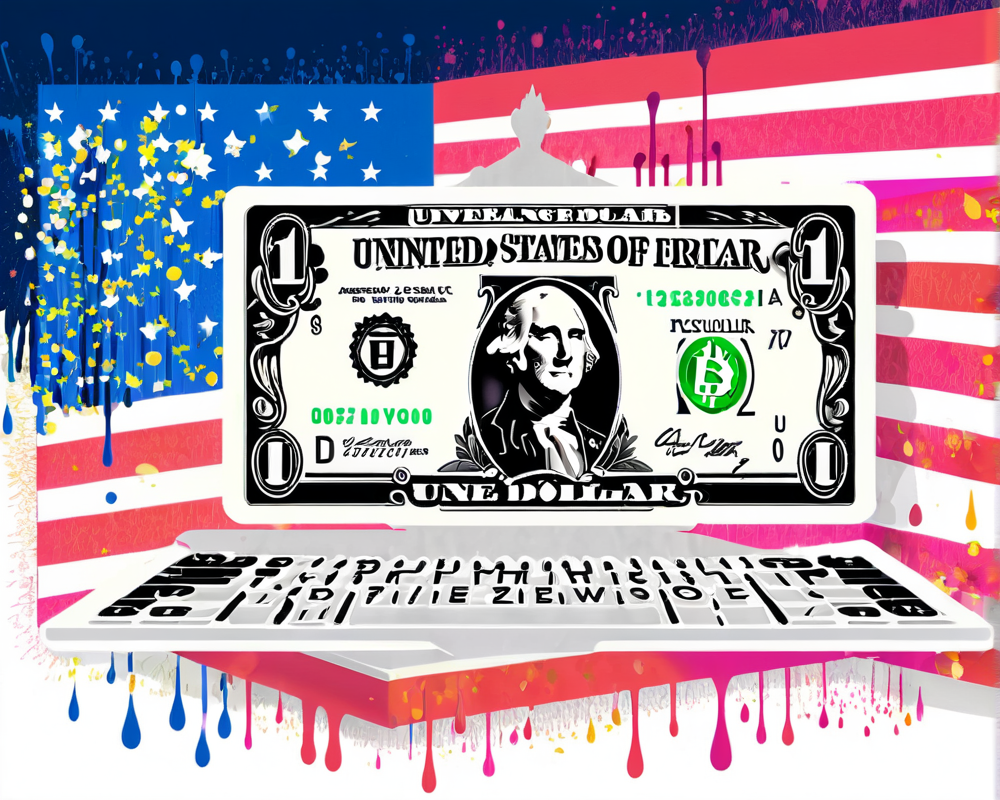The Balancing Act: Privacy and Transaction Security
When it comes to crafting a digital dollar, the tug-of-war between user privacy and the potential for illicit transactions is real. According to Graham Steele, the Assistant Secretary for Financial Institutions at the Treasury, this balancing act is crucial. Steele recently spoke at a conference in Texas about the Federal Reserve’s FedNow payment system and the future of central bank digital currencies (CBDCs).
Anonymity in the Digital Age
Steele made a compelling point about the need for privacy-enhancing technologies. His view? Anonymity can still be a key feature of a digital dollar if we explore available technologies responsibly. The challenge, however, lies in preventing misuse while ensuring that everyday consumers don’t lose their right to privacy when transacting.
CBDCs: A Blessing or a Curse?
On one hand, Steele emphasized the potential of a CBDC to create a vibrant and competitive payment landscape. On the flip side, there are concerns that a digital dollar backed directly by the Federal Reserve could spark consumer flight from traditional banking—particularly during uncertain times. Steele noted, “A retail CBDC could destabilize private sector lending,” as evidenced by recent banking crises.
The Future is Still Unwritten
While the U.S. has not yet decided whether to implement a CBDC, a dedicated group is evaluating the implications of such a move. This evaluation encompasses a variety of policy objectives—including financial inclusion and combating illicit finance—making this an issue with deep national security ramifications.
FedNow: The Controversial Catalyst
As Steele touched on the FedNow instant payments system, he pointed out the necessity of having multiple payment options. This diversity encourages competition and innovation, harking back to a marketplace where consumers drive improvements. However, this system hasn’t come without its detractors. Political figures like Robert F. Kennedy Jr. and Ron DeSantis have raised alarms about the FedNow system, suggesting that it lays the groundwork for a CBDC which they believe would give the government excessive control over financial transactions.
“It’s difficult to imagine,” said Federal Reserve Board Governor Michelle Bowman, “that a CBDC could be justified beyond use in interbank and wholesale transactions.”
As the conversation around a digital dollar continues, one thing is clear: finding the sweet spot between user privacy and financial oversight remains an uphill battle.




